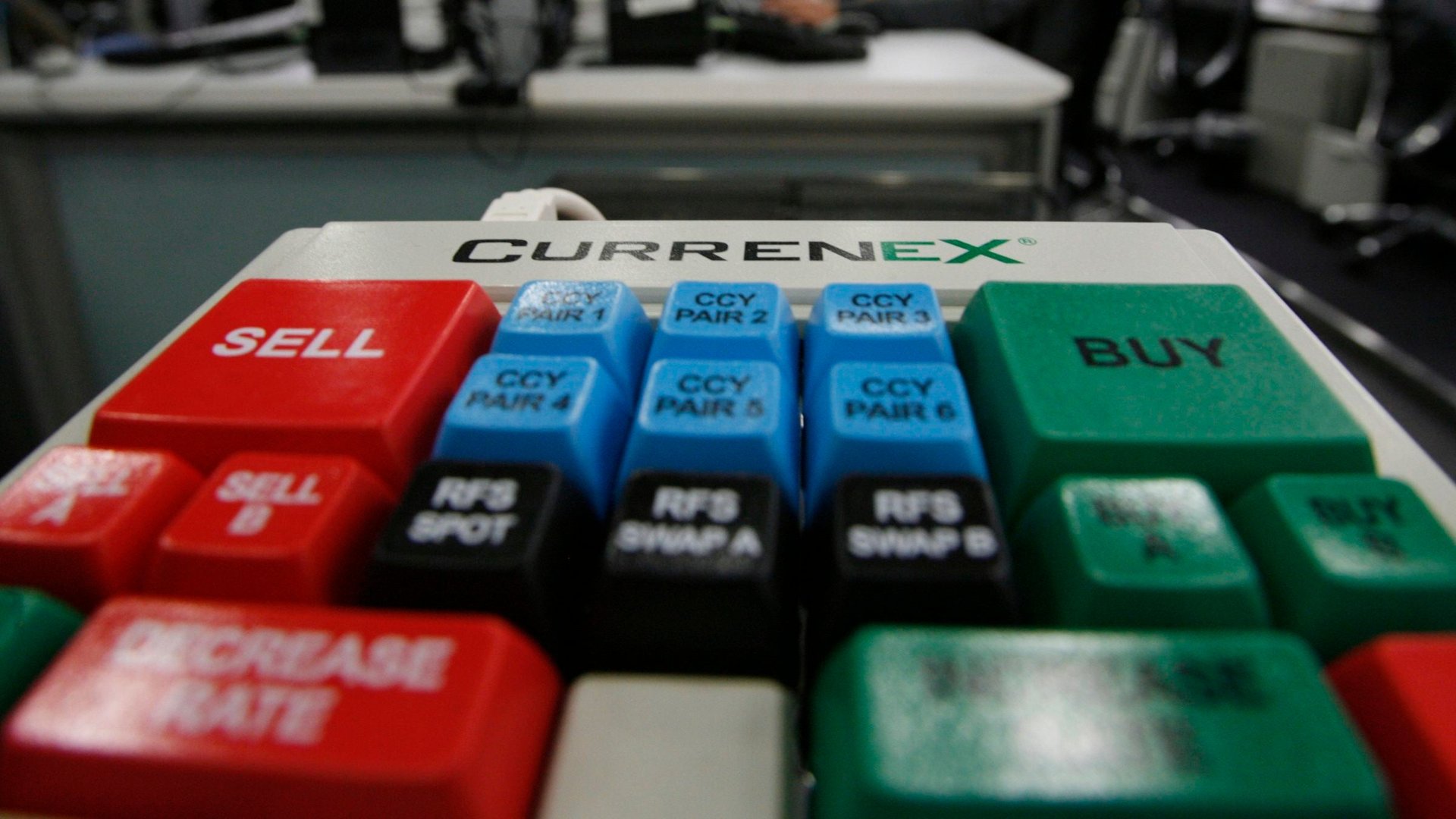Banks are finding it’s not easy to fire traders accused of rigging financial markets
Giving the boot to traders charged with rigging key benchmark rates is harder than you might think. Case in point: Deutsche Bank, which was ordered by a German appeals court back in April to return lucrative jobs to traders that had previously been fired for allegedly colluding to fix rates similar to a key benchmark known as the London Interbank Offered Rate, or Libor.


Giving the boot to traders charged with rigging key benchmark rates is harder than you might think. Case in point: Deutsche Bank, which was ordered by a German appeals court back in April to return lucrative jobs to traders that had previously been fired for allegedly colluding to fix rates similar to a key benchmark known as the London Interbank Offered Rate, or Libor.
The traders, whose names have not been disclosed, were accused of manipulating European and Swiss rates to their benefit. It’s important to note that although traders are dealing with their firms’ money, they can pocket enormous sums themselves based on how much they make for their firms (providing ample motivation for fixing rates).
Today, a court ruling has ordered the traders and Deutsche Bank to enter into a “court-monitored mediation” to settle the labor dispute.
The odd case comes as regulators in Europe, the US, and Asia have leveled charges that traders have been manipulating benchmark interest rates and global currencies in recent years. Those interest rates are tied to some $800 trillion in investments, while currencies represent a $4.7-trillion market. These probes have led to billions of dollars in fines against giant global financial institutions, including Deutsche Bank, Barclays and UBS.
The legal tangle with the traders, however, must be particularly galling for Deutsche Bank, who got slapped with a €725-million ($980-million) penalty by the European Union last year linked to charges that its traders helped rig Libor rates. Deutsche Bank’s was the largest share of a €1.7-billion ($2.3-billion) fine leveled against six banks in December. Bank fines tied to this sort of rigging are likely still snaking through the system, so there’s likely more legal pain to come for many of these firms.
The strange thing about Deutsche Bank’s situation is that the German court acknowledges that there is evidence that the traders rigged rates–which one might think would offer ample grounds for dismissal. According to the court, however, the problem resides not with the traders but with the bank’s overarching policy, or lack thereof, around rigging rates. To put it plainly, since the bank didn’t tell the traders not to rig rates, it’s not their fault that they took this as a green light to do so.